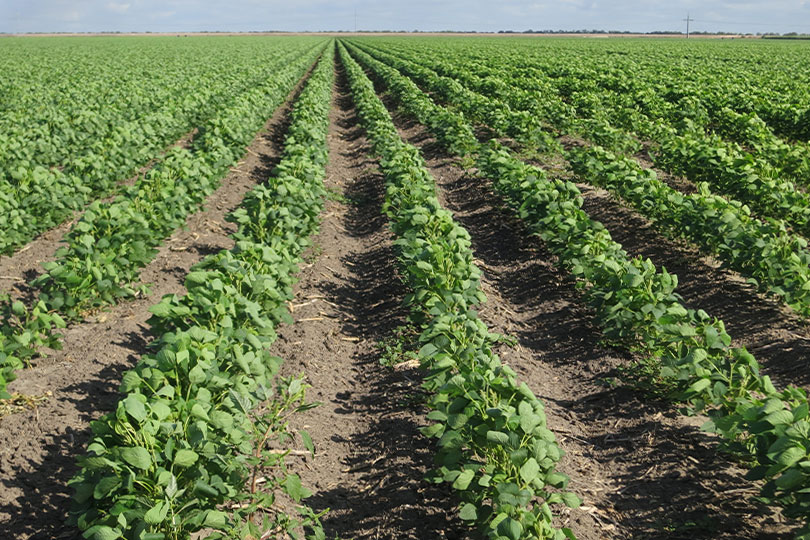By Julie Tomascik
Editor
Farm groups are urging the Environmental Protection Agency (EPA) to allow farmers to use existing stocks of dicamba for the upcoming planting season after a federal court order vacated the registration applications on dicamba-tolerant cotton and soybean crops.
The Arizona court determined EPA violated notice-and-comment mandates for new-use pesticide registrations under the Federal Insecticide, Fungicide and Rodenticide Act.
The ruling implies farmers won’t have access to three dicamba products—XtendiMax, Engenia and Tavium—for the 2024 growing season.
Texas Farm Bureau (TFB) and the American Farm Bureau Federation (AFBF) are among the groups requesting EPA to allow the distribution, sales and use of all manufactured product as of the date of the cancellation order.
“The timing of this decision came at a time when many farmers have already made planting decisions to use dicamba-tolerant cropping systems. These decisions were made with the reliance on EPA’s continued approval of over-the-top application of dicamba,” Brant Wilbourn, TFB associate director of Commodity and Regulatory Affairs, wrote in the letter. “TFB requests that EPA provide clarity to farmers and grant an existing stocks order to ensure farmers have access to any products that have been purchased or are currently in the supply chain.”
And the largest recorded year-to-year dollar drop in net farm income is expected this year.
“At a time when farm income is expected to decline by over 25%, farmers cannot afford yield reductions due to increased weed pressure, as well as increased costs due to supply constraints of alternative herbicides,” Wilbourn said in the letter.
The groups noted that dicamba is the only post-emergent herbicide that works on weeds for many farmers, and dicamba-tolerant varieties account for over 75% of U.S. cotton acres and 45% of soybean acres.
“Our farmer and rancher members are committed to the safe use of all crop protection tools,” AFBF President Zippy Duvall wrote in a letter to EPA. “However, responsible farmers that have invested in—and often taken loans out to purchase—dicamba-resistant products for the current growing season should not bear the financial burden caused by this legal dispute.”
Other groups that have submitted requests to EPA include the Agricultural Retailers Association, American Soybean Association and National Cotton Council, among others.
“The loss of over-the-top dicamba products exacerbates an already difficult economic situation with current prices below the costs of production,” the National Cotton Council wrote.
A similar situation occurred in 2020, which led to confusion regarding the dicamba products that had been purchased and distributed. EPA later issued a final cancellation order that allowed farmers and commercial applicators to use products that were in the possession as of a certain date.
EPA has not yet responded to the Arizona federal court’s ruling.
“We recognize there are some very near-term existing stocks questions we have to answer and we’re definitely prioritizing those,” Michal Freedhoff, assistant EPA administrator, said. “We haven’t yet figured out what our response is to the decision itself.”
Farmers who plan to use dicamba-tolerant soybeans or cotton may now have to consider alternatives.
Dicamba use for other crops, such as corn, are not affected.

